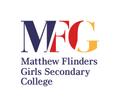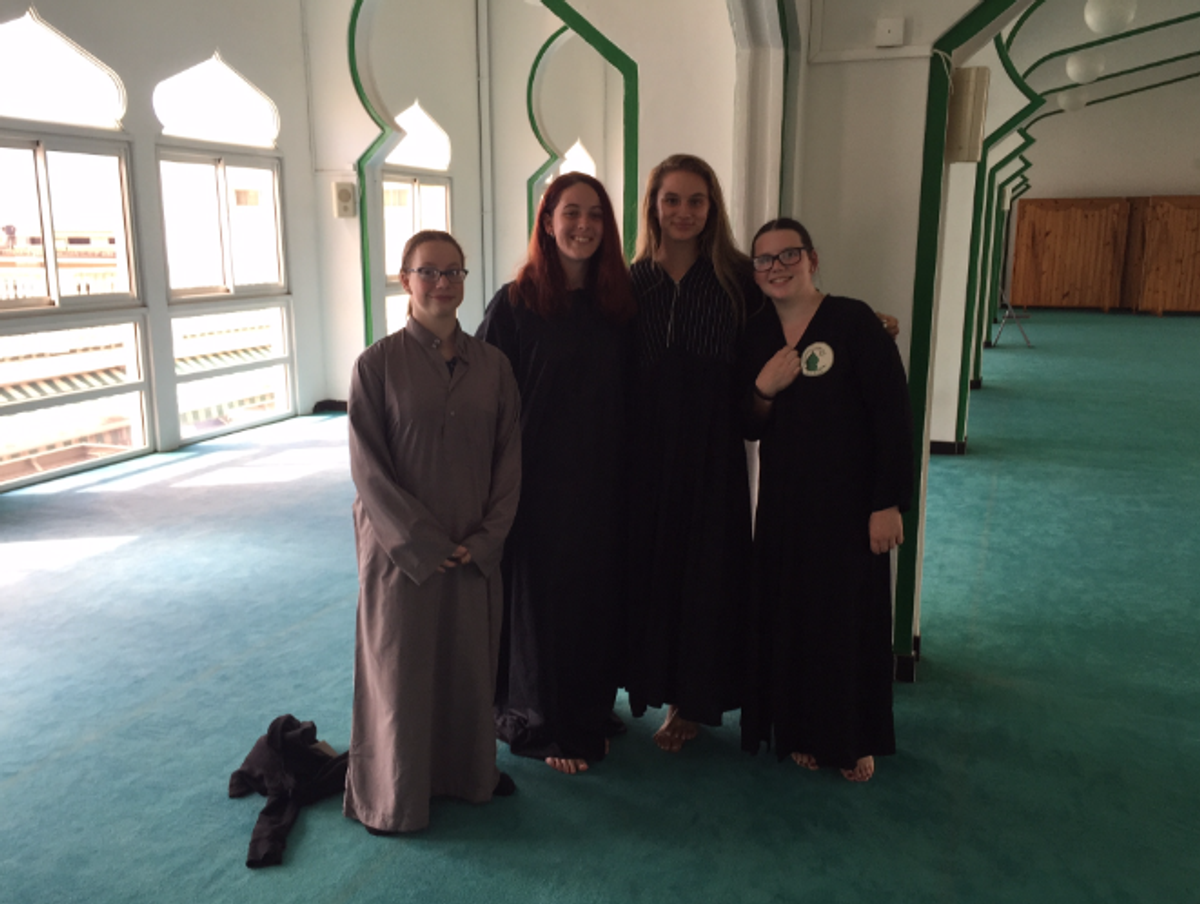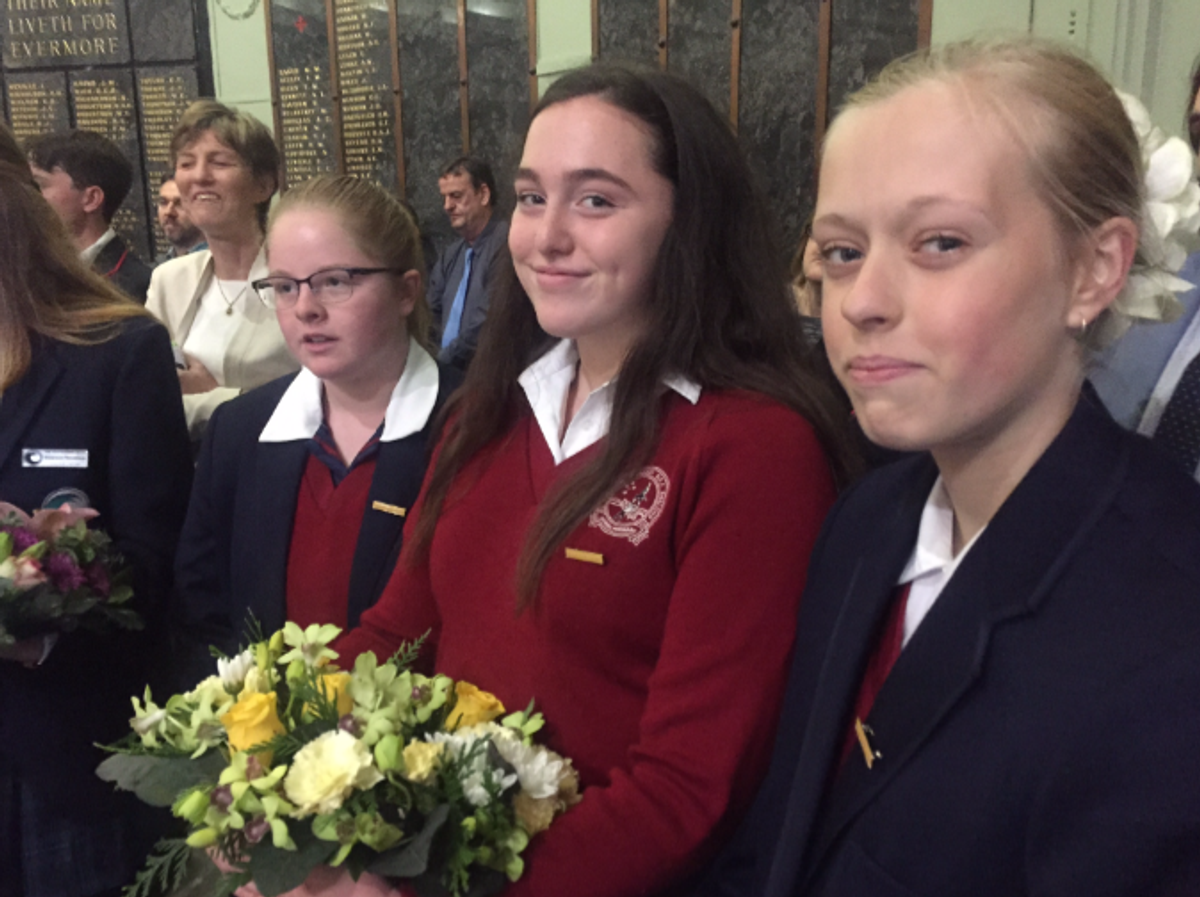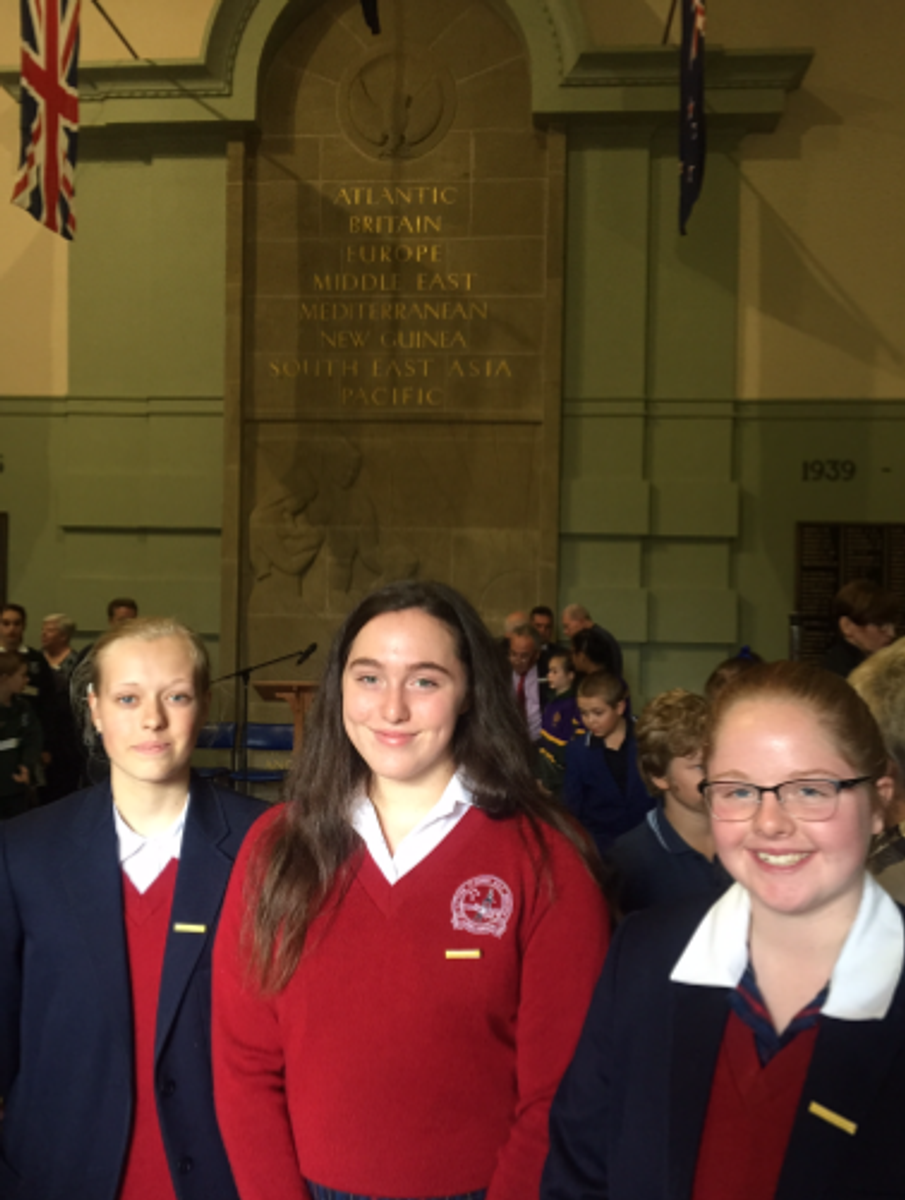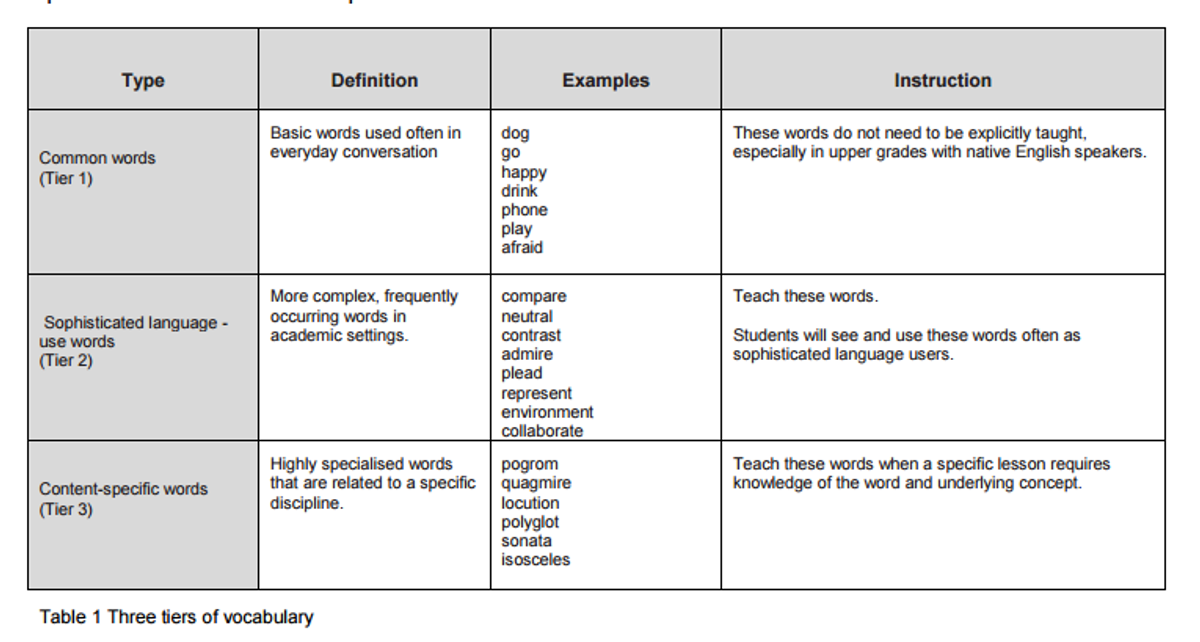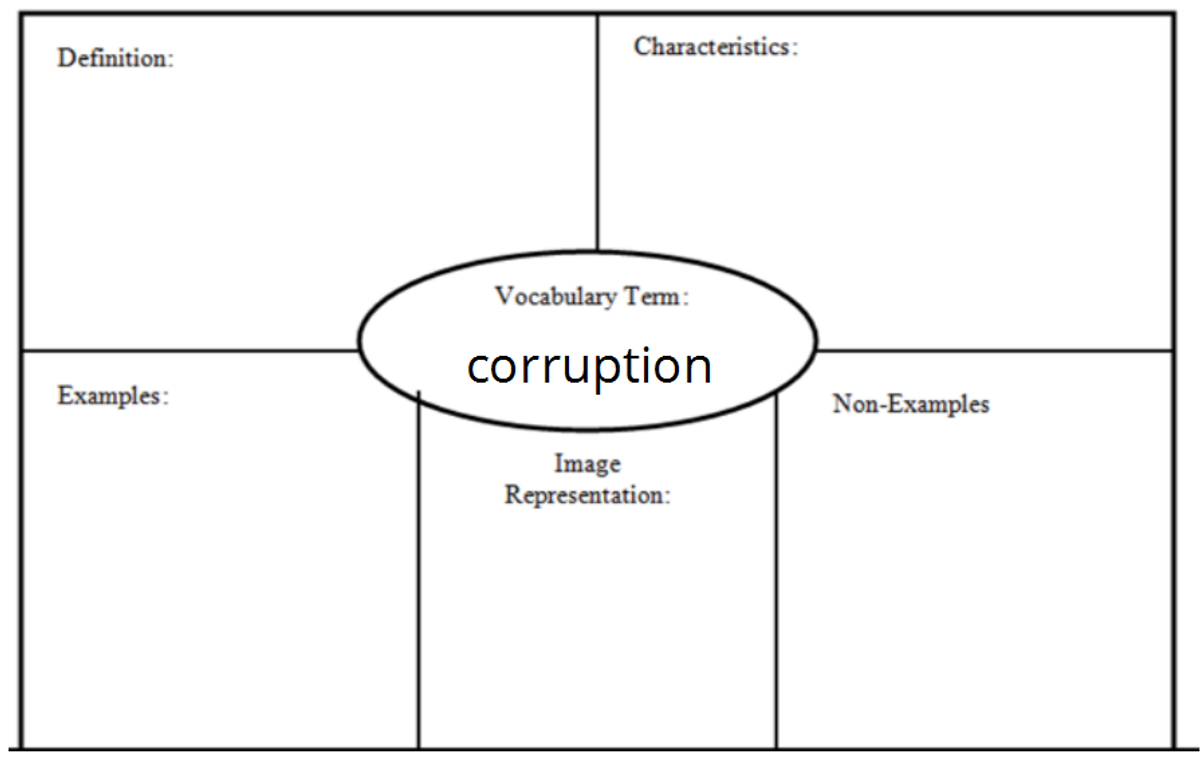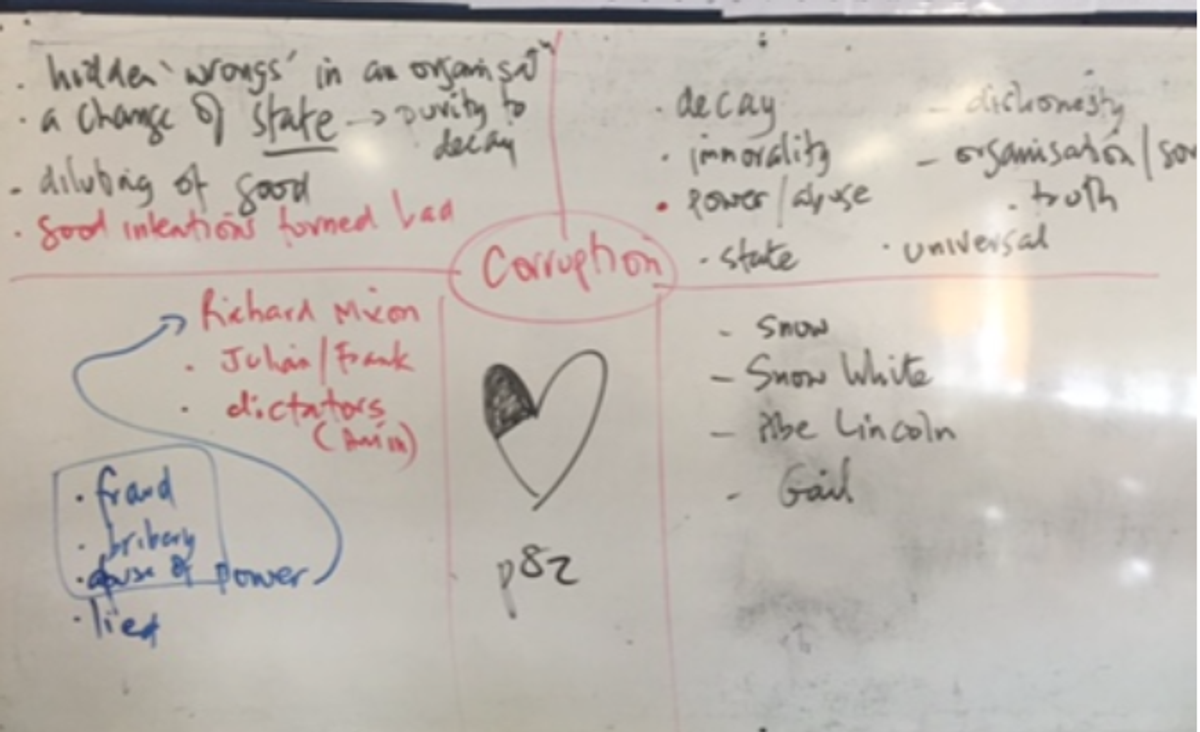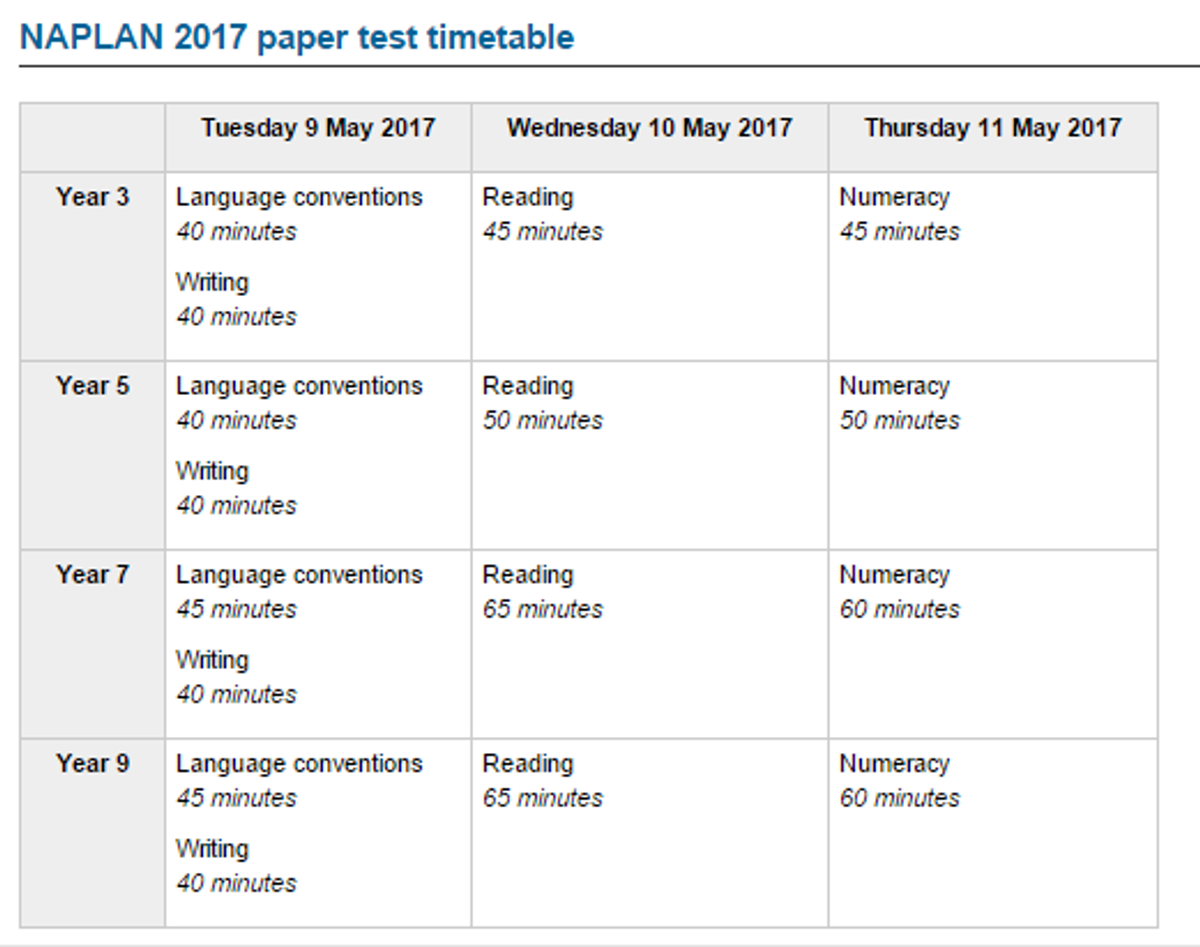Learning @MFG
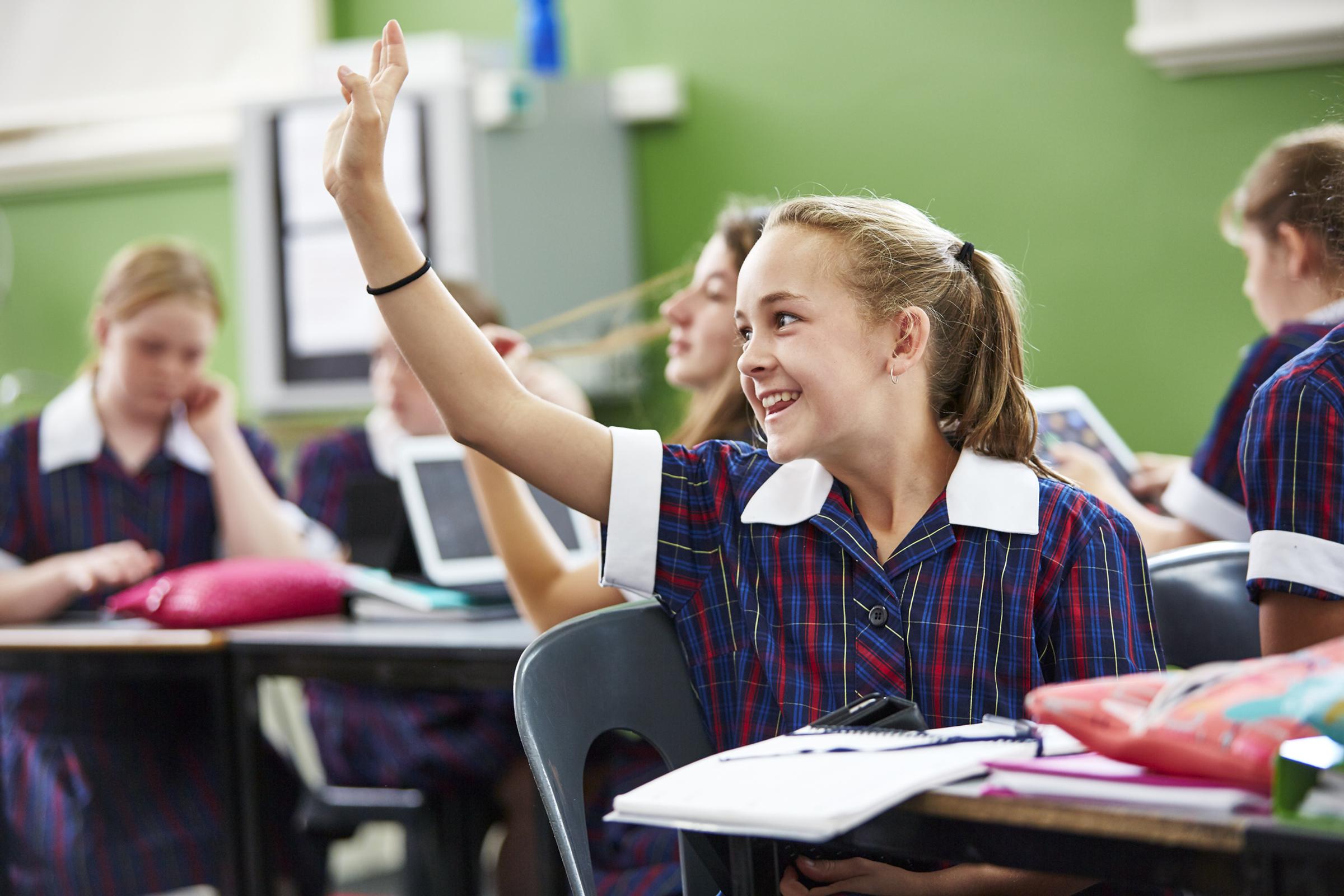
Reunion Island Trip and Intercultural Understanding
I spent the last week of Term 1 and the school holidays with our 12 students, two parents and teachers (Mr Keast and Ms Crofts) in Mauritius and Reunion Island.
This was my second trip to this wonderful and exotic part of the world – this time with my partner Jane and two children, Daniel and Sage, along for the journey. Our sister school relationship with Sarda Garriga in St Andre has been going strong for 16 years and on my return flight home I reflected on one rich aspects of the trip relating to intercultural understanding.
One of the benefits of an opportunity like this for our students (and the adults too) is that helps to enrich and develop our own cultural capabilities. Intercultural capability enables students to learn to value their own cultures, languages and beliefs, and those of others. Our students learn about diverse cultures in ways that recognise commonalities and differences, create connections with others and cultivate mutual respect.
One highlight relating to this was our very special visit to a mosque in Saint Denis, the capital city of Reunion Island. Mr Said, the coordinating teacher from Reunion Island, was able to create this possibility and this enabled our students to be able to respectfully walk around inside the mosque, ask questions of the imam (Islamic scholar) as well of Said who is Muslim. This moment, and the learning and thinking for our students, is closely connected to a new part of our Victorian curriculum. Intercultural Understanding – one of the new General Capabilities – is now an important part of our curriculum.
Intercultural interactions have become a part of everyday life in our increasingly multicultural and globalised world. Developing intercultural knowledge, skills and understandings is an essential part of living with others in the diverse world of the twenty-first century. The Intercultural capability curriculum assists young people to become responsible local and global citizens, equipped for living and working together in an interconnected world.
Intercultural capability enables students to learn to value their own cultures, languages and beliefs, and those of others. Students learn about diverse cultures in ways that recognise commonalities and differences, create connections with others and cultivate mutual respect.
The Melbourne Declaration on Educational Goals for Young Australians recognises the fundamental role that education plays in building a society that is ‘cohesive and culturally diverse, and that values Australia’s Indigenous cultures’. The Intercultural capability curriculum addresses this role, developing students who are active and informed citizens with an appreciation of Australia’s social, cultural, linguistic and religious diversity, and the ability to relate to and communicate across cultures at local, regional and global levels.
Aims
Intercultural capability aims to develop knowledge, understandings and skills to enable students to:
- demonstrate an awareness of and respect for cultural diversity within the community
- reflect on how intercultural experiences influence attitudes, values and beliefs
- recognise the importance of acceptance and appreciation of cultural diversity for a cohesive community.
Learning in Intercultural Capability
The Intercultural capability curriculum focuses on learning about cultural understandings and practices. Students examine, reflect on and challenge assumptions, stereotypes and prejudices and explore how intercultural experiences can influence and change attitudes and beliefs.
Students apply their learning in intercultural capability to complex questions of the globalised world. Intercultural capability fosters skills that assist students to negotiate across barriers that may arise from differences.
Intercultural capability is strongly connected to those areas of learning concerned with people and their societies, relationships and interactions, including the Personal and Social capability knowledge and skills related to empathy, openness, respect and conflict resolution.
GEELONG SCHOOLS ANZAC DAY SERVICE
I had the great pleasure of accompanying our Middle Years Captains – Jacqui, Molly and Annie – to the Geelong School’s ANZAC service on Friday 21st April. We were one of many schools from across the region to lay a wreath and reflect on the idea that it’s 102 years ago that our brave ANZAC soldiers landed at Gallipoli. The 25th of April marks the anniversary of the first major military action fought by Australian and New Zealand forces during the First World War.
It was a moving service and we remembered the sacrifice of those who fought in the First World War, and all other wars, so that we can enjoy freedom. We also remembered those who were left behind – the strong women who supported their families and communities while their husbands and brothers were fighting at war.
TEACHING VOCABULARY AT MFG
Last year we started exploring, with our teachers, some specific teaching and learning strategies and techniques for learning vocabulary. One of the ingredients to academic success, quality learning and providing our students with a literacy foundation that enables them to engage with a world of language is developing our students’ understanding of Tier 2 and Tier 3 vocabulary. The table below defines these Tiers with examples.
One technique is using the Frayer Model – an organiser that helps students to analyse and think more deeply about a word. I’m currently teaching the Larry Watson’s novel ‘Montana 1948’, and I’ve been using this strategy with the Tier 3 words – like ‘corruption’, which is one of the novel’s central themes. My board scribbles (messy I know!) capture my students’ thinking about this word.
SEALP TESTING FOR 2018
https://www.sealacademy.org.au/
Recently we had 25 primary school students sit the University of New South Wale’s General Achievement Test on a Friday afternoon and Saturday morning. This test is used by all SEALP schools in Victoria to identify potential students for the Selective Entry Accelerated Learning Program.
Thanks to Mr Simon Collier (SEALP Leader) for his organisation of the days and the testing.
NAPLAN 2017
Attention Year 7 & 9 Parents – NAPLAN is back in May this year.
The National Assessment Program – Literacy and Numeracy (NAPLAN) tests will be conducted on Tuesday 9th May through to Thursday 11th May for all students in Years 7 and 9. The NAPLAN tests will cover the areas of Reading, Writing, Language Conventions (grammar, spelling, punctuation) and Numeracy (non-calculator & calculator tests).
Later in the year you will receive your child’s individual report outlining how she performed in each test area.
For more information about the tests, please visit the VCAA website at www.vcaa.vic.edu.au or the NAPLAN website at www.naplan.edu.au.
If you wish to withdraw your child from the NAPLAN 2016 send a letter requesting this addressed to Mrs Robyn Cameron before the 25th of April and a Student Withdrawal Form will be sent home for completion.
If you have any questions, please do not hesitate to contact the College and speak to Mrs Robyn Cameron or me.
Damien Toussaint, Assistant Principal, Learning and Teaching
